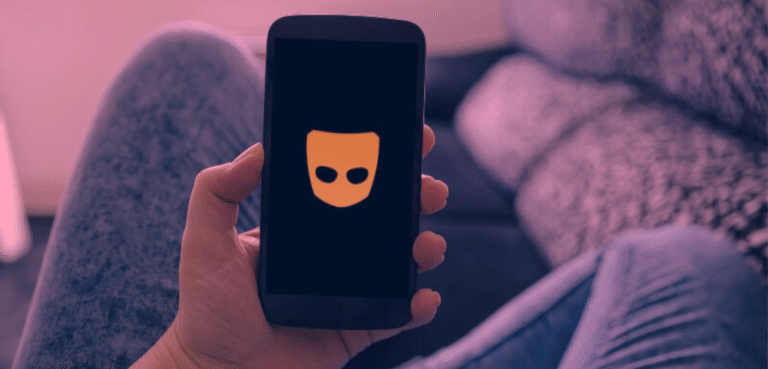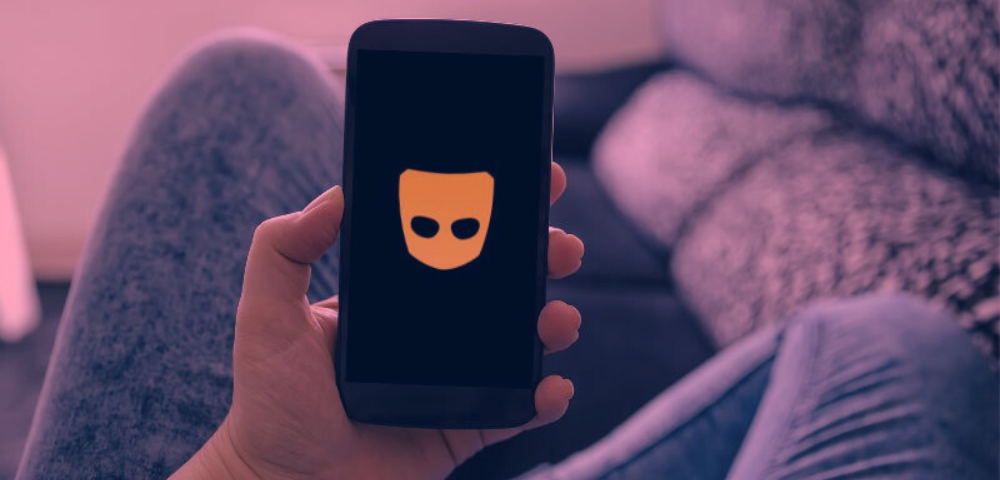
Stay safe online

STAY SAFE ONLINE
With much of the real world now having been uploaded into cyberspace, the amount of time and number of things you do online has probably increased dramatically.
Though you might still be practising some of the usual precautions now, after a while – as with anything that becomes routine – you may let down your guard and become complacent.
But, just like walking around distractedly in the outside world can make you susceptible to accidents and crime, so too can wandering around the internet without paying attention. Here’s some things to think about.
Scams
Nigerian princes and random lottery wins still abound, but overall, scams are becoming more insidious and sophisticated. With so many platforms and so much private data readily available, con artists are having a field day.
Here are some tips on how to spot and avoid a con.
Emails
If it looks fishy, check who the sender really is. The name that appears at the top of the email could just be an alias. With some email clients, you can hover the cursor over the sender name and it will reveal their actual email address. With others, you may need to select a drop down option that says something like “show original”.
Never click a link in an email or open an attachment unless you absolutely trust the sender. Scammers are getting better at reproducing corporate documents.
Remember that banks and many other institutions will never ask for personal details, or include a link.
If you’re worried, contact the institution directly using contact details on their website – not the ones included in the email.
Chain memes
These come in all shapes and types: cute “share the love” epithets; alarmist warnings; pass-it-on games; guilt inducing “I bet none of my friends will…” pleas.
What they have in common is that they ask you to copy the message, paste it into a new message and pass it on to X number of people you know.
Apart from the high annoyance factor and unnecessary additional cyber traffic, many of these messages help proliferate false information; create anxiety; waste time.
Even the seemingly positive messages may have nefarious intent.
Since the start of the pandemic, there has been an upsurge in chain emails and messages. Don’t engage.
Official warnings and notifications will never be sent this way.
Some messages may come with attachments or code that contain – sorry, there’s no other word yet – viruses.
Fake news
During a crisis such as we’re currently experiencing, the wheel at the rumour mill spins like a dynamo.
It’s so easy for false, incomplete or misleading information to get a foothold and quickly become a “fact”.
Before you panic about a meteor hitting the Earth (we’ve had drought, fires, floods, and pandemic, so it’s credible) do a bit of research.
Here are a few reputable fact-checking websites.
RMIT ABC Fact Check is jointly run by Royal Melbourne Institute of Technology and ABC News, and examines statements made in general news with a focus on local content.
Politfact is run by The Poynter Institute, which is a research and journalism school in the USA.
Snopes is a very popular fact-checking website that explores all sorts of rumours, from urban legends to political claims.
It’s always best to check a few different sources and seeing what the consensus is.
Privacy and Discretion
Not to put too fine a point on it, but everything has pretty much moved online. That means there is a lot of very personal, very intimate material coursing through the optic fibre veins of the world wide web.
What you do with another consenting adult (or multiples thereof) is entirely your own business…until it isn’t.
You can’t see what’s happening outside the screen at the other end of your connection. Your cyber partner may be recording the encounter without your approval. They may have an audience.
When it comes to digital interactions, you have very limited control over the data. Even if you completely trust your cyber partner, you, they or the platform you are using may get hacked, or accidentally leak data.
Best practice is to be as anonymous as possible. Use a pseudonym and hide your face.
Unless you utterly know and trust someone, don’t share personal details and never share details on a public platform.
On that point, one detail you should share, unless it’s obvious, is that you are both (all) above the age of consent (17yrs in Tasmania and SA, 16yrs for the rest of Australia). If you’re interacting with people overseas you should check what the law is there.
Meeting people online can also make you emotionally vulnerable, especially if you live alone.
It’s easy to become manipulated or scammed once someone has built trust with you.
Even in the absence of ill intentions, any relationship you build online will be fraught by limitations. We don’t know how long we’ll be in lockdown and that may make the craving for intimacy harder to bare.
Worse, of course, is if you become emotionally invested and the relationship sours or ends.
Have your support networks in place and make sure you reach out. Use professional services if you feel unable to cope.
Stay positive
At the moment we’re being bombarded with dire predictions and alarming statistics, and it can be very depressing and anxiety inducing.
It’s extremely important to stay up to date with the latest advice and restrictions, but it’s equally important to stay optimistic and motivated.
There are lots of trolls and keyboard warriors who like to vent their miserableness online. Don’t engage with them and please don’t be one of them.
Take a break from social media and the news. Watch something light or inspiring or do something creative.
The internet has its problems, but it’s also a marvel. Imagine what it would be like going through all this without it.
Let’s keep it positive.










